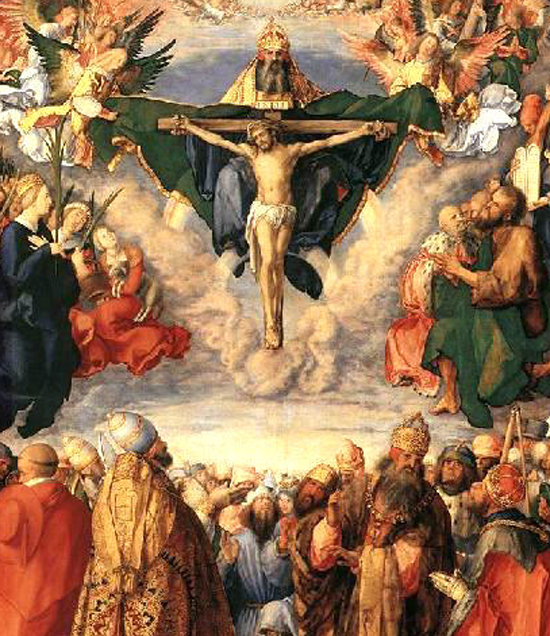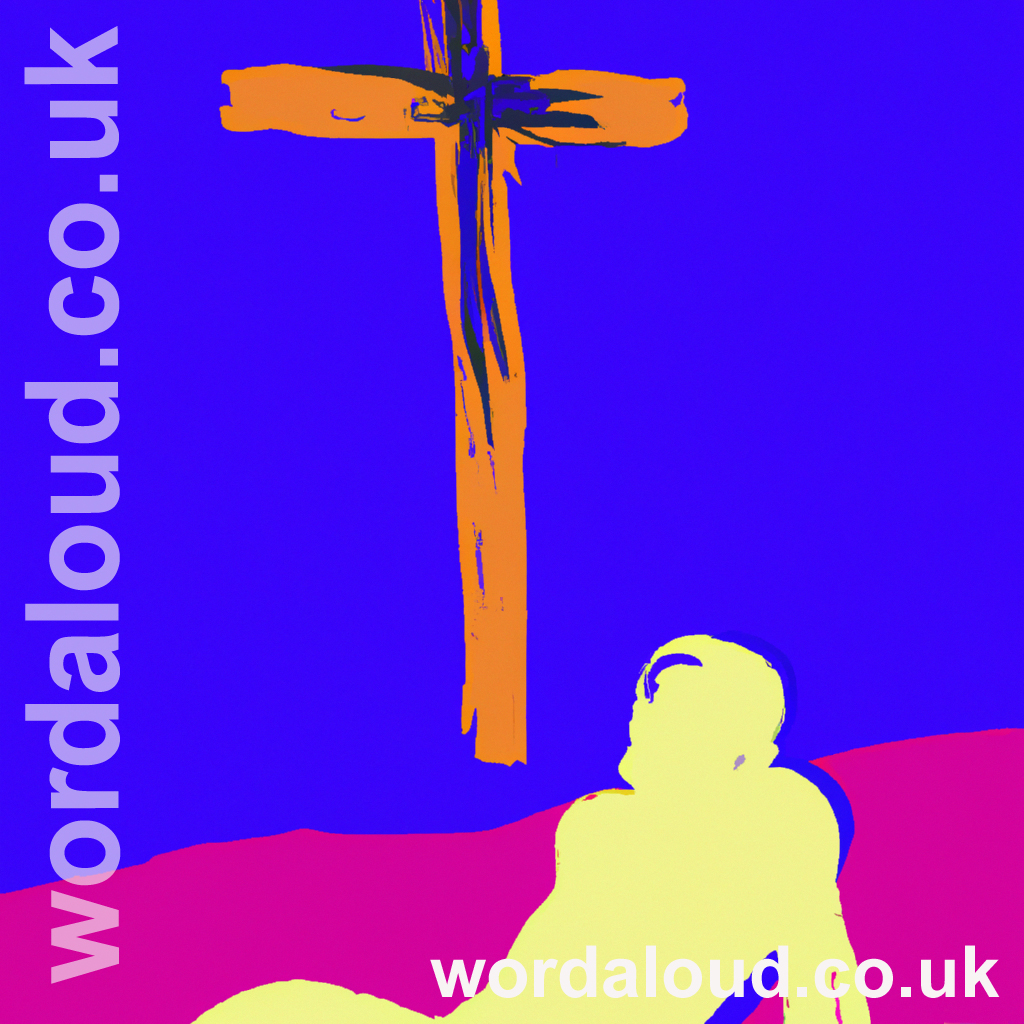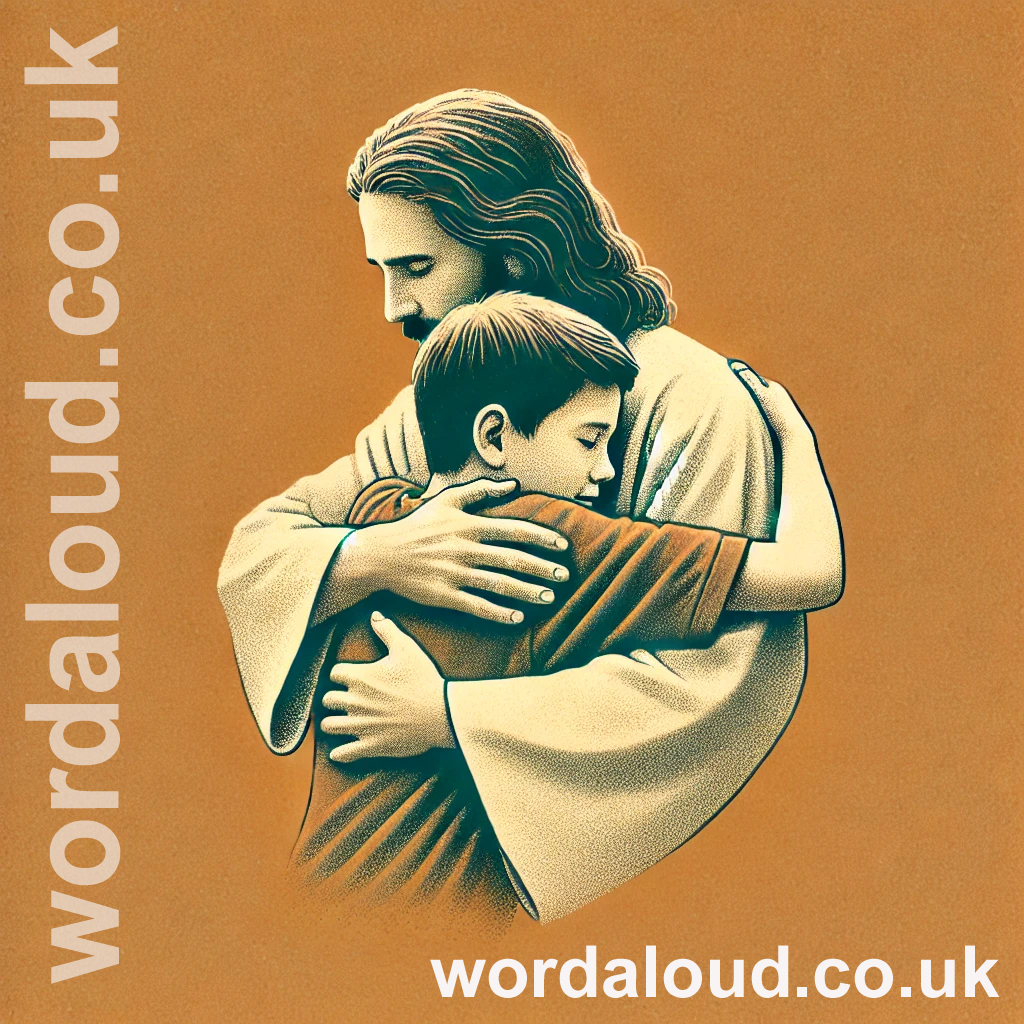‘The Altar’ by George Herbert is a Christian poem that explores the relationship between a person and God through the metaphor of an altar. It is a pattern poem, meaning that its shape on the page resembles an altar, reinforcing the poem’s theme visually.
In the poem, Herbert describes an altar made of a broken heart, cemented with tears. This suggests that the altar is not a physical structure but a symbol of the poet’s contrite and humble heart, offered to God. The act of constructing this altar signifies repentance and a desire for spiritual renewal.
The poem begins with the line, ‘A broken ALTAR, Lord, thy servant rears,’ indicating that the speaker is dedicating a broken heart to God. The use of the word ‘rears’ implies that this act of dedication is a conscious and deliberate effort. The heart, described as broken, signifies a state of humility and contrition, essential for true worship and connection with God.
Herbert continues by explaining that the altar is ‘Made of a heart, and cemented with tears’, emphasizing that the foundation of this offering is built on genuine sorrow and repentance. Tears represent the sorrow for sins and the longing for forgiveness and reconciliation with God.
The poem then reflects on the nature of this heart-altar, stating, ‘Whose parts are as thy hand did frame; / No workman’s tool hath touch’d the same.’ This means that the heart is created by God and is unaltered by human efforts. It suggests that true repentance and devotion come from a sincere, God-given place within the individual, not from external, human-made constructs.
Herbert highlights the purity and sincerity of this offering by asserting that ‘A HEART alone / Is such a stone, / As nothing but / Thy pow’r doth cut’. This suggests that only God’s power can shape the human heart into a worthy offering. The heart, like a stone, must be chiseled and refined by God’s hand to become an acceptable sacrifice.
The poem concludes with a plea for God to accept this humble Christian offering: ‘O let thy blessed SACRIFICE be mine, / And sanctify this ALTAR to be thine.’ Here, Herbert asks God to sanctify the altar—his heart—and make it holy and acceptable. This final plea underscores the poet’s deep desire for divine acceptance and transformation.

![]()
The Altar | George Herbert | Christian Poems
A broken ALTAR, Lord, thy servant rears,
Made of a heart and cemented with tears:
Whose parts are as thy hand did frame;
No workman’s tool hath touch’d the same.
A HEART alone
Is such a stone,
As nothing but
Thy pow’r doth cut.
Wherefore each part
Of my hard heart
Meets in this frame,
To praise thy name:
That if I chance to hold my peace,
These stones to praise thee may not cease.
Oh, let thy blessed SACRIFICE be mine,
And sanctify this ALTAR to be thine.








